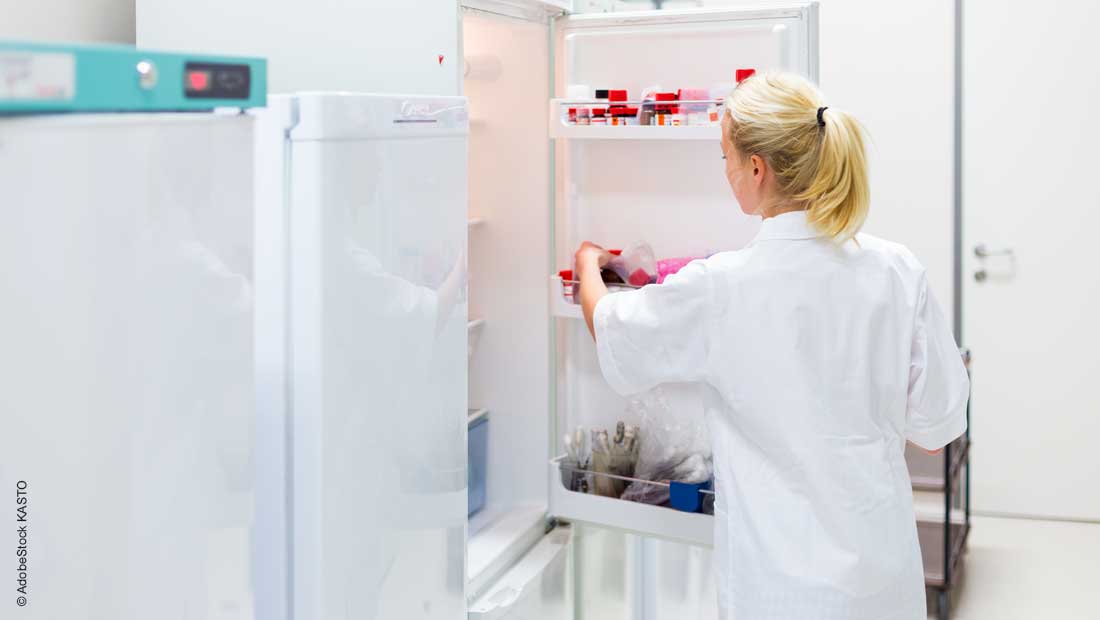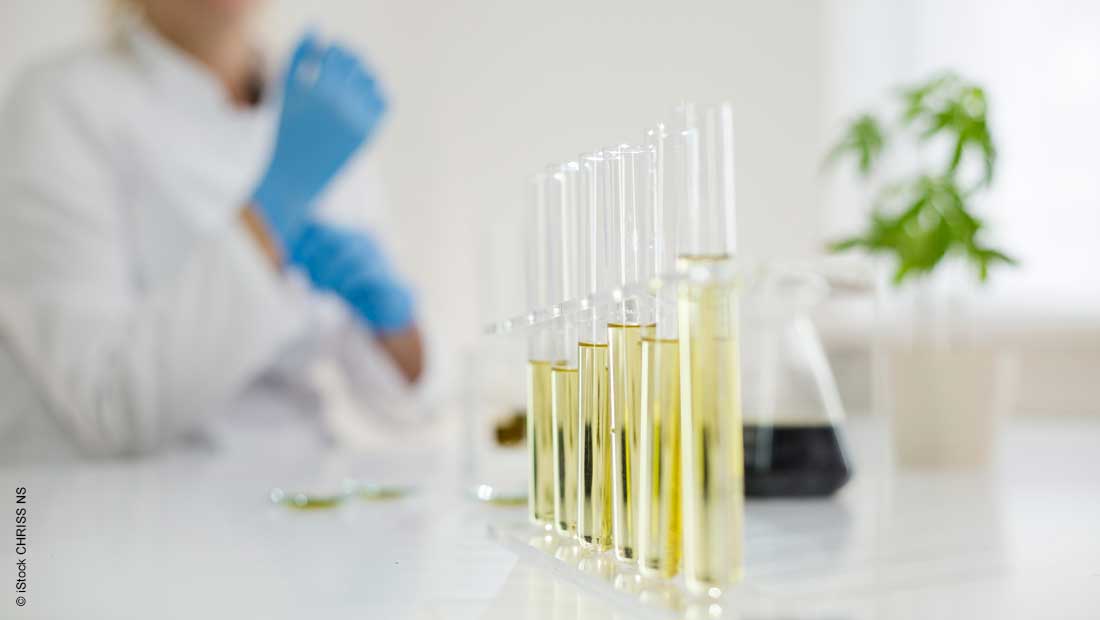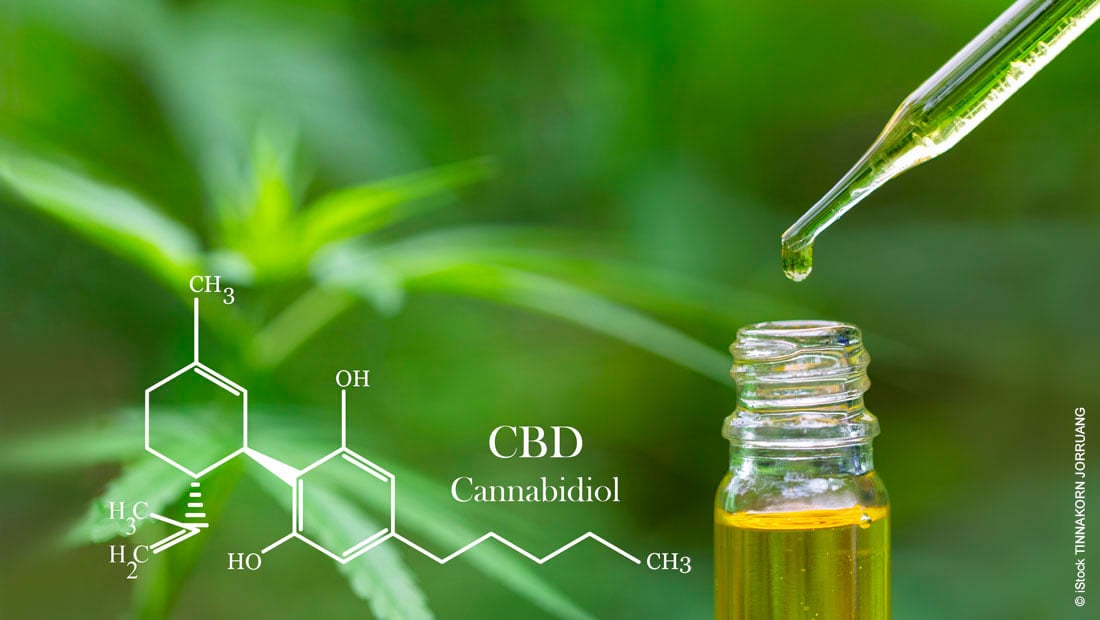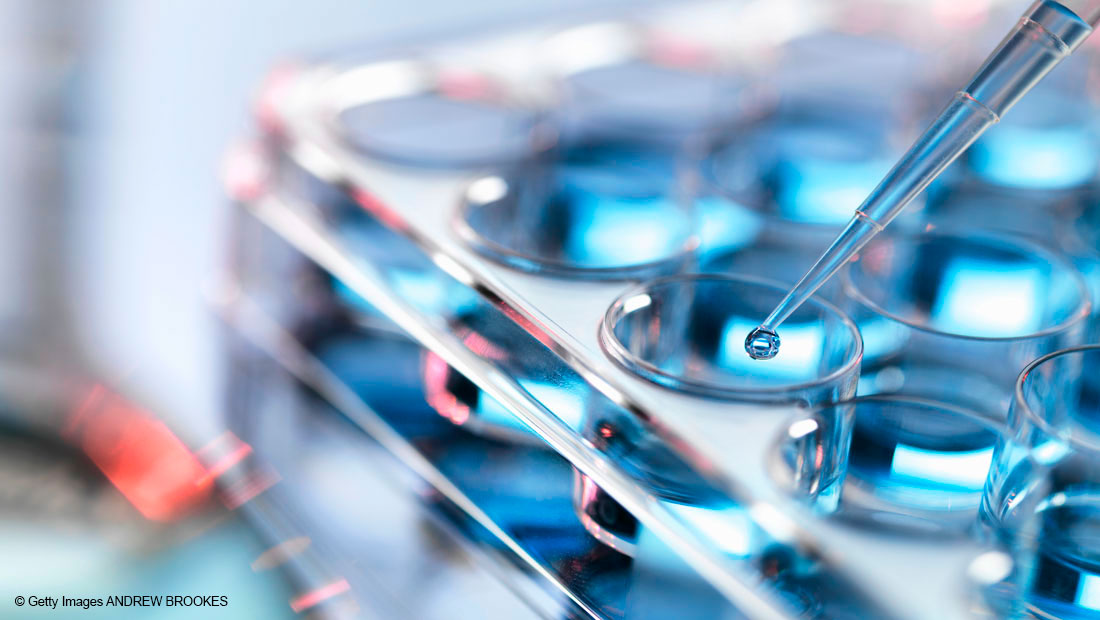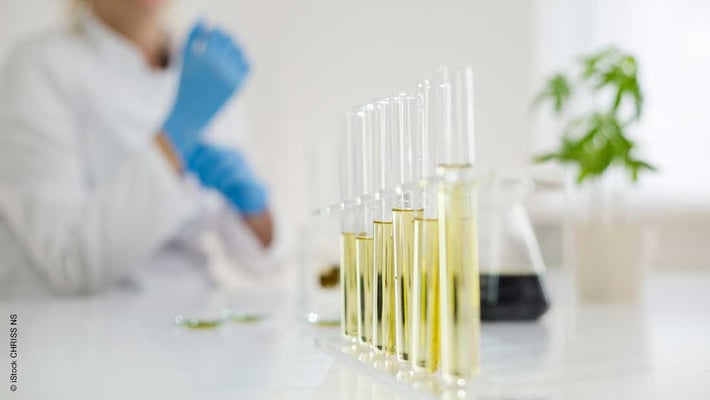
CBD products have long since become part of our everyday lives. Whether as a pharmaceutical or lifestyle product, dietary supplement or in cosmetics. High quality is important, as impurities can lead to a loss of effect, taste and tolerability. Which extraction process is used plays a decisive role, along with other factors. Here you can find out why CBD production with high-purity hydrocarbons ensures the best quality.
Cannabidiol (CBD) has attracted a lot of attention in recent years due to its health benefits. It is used to relieve ailments such as chronic pain, anxiety and sleep disorders.
First of all and good to know:
In many countries, including Germany, the possession and consumption of products containing THC is regulated, while products containing CBD are legally available as long as their THC content is below a certain limit. These different legal regulations reflect the different areas of application and risks of the two substances. |
CBD production consists of many steps
The production of CBD takes place in a multi-stage process. First, hemp plants containing CBD are grown under controlled conditions. After harvesting, the plants are dried and crushed to extract the CBD-containing parts.
Subsequently, the CBD is extracted, often using hydrocarbons, which is considered particularly clean and efficient. The CBD is dissolved from the plant material and then purified from unwanted impurities and residues. The extracted CBD oil can then be processed into various products such as tinctures, capsules, creams and foods.
The quality of CBD products: This is what you should look out for
Nowadays, CBD oils are offered in many varieties and concentrations. In order to recognise the highest quality among the abundance of products, the following factors provide guidance:
- Varietal purity
In order to extract CBD from the plants, mainly hemp varieties are bred in which the CBD content is particularly high and the THC content is low. In total, there are about 50 varieties that guarantee a very high CBD content. They are defined in a → seed catalogue of the EU. - THC content
Quality-conscious CBD manufacturers indicate the THC content on the packaging, as it is regulated by law in most countries. - Ingredients
A listing and disclosure of the ingredients also speaks for a producer who focuses on quality and transparency. - Independent analysis
Tests and analyses by independent laboratories or institutions show that CBD manufacturers pay attention to high quality and that their CBD products also stand up to external testing. - Production process
The CBD production process is decisive for the quality and thus whether it is as free as possible from impurities.
Find out more in this blog article about possible CBD production methods:
Excursus: What is the difference?
CBD oil is extracted from the cannabinoid cannabidiol and should therefore have the lowest possible THC content. Cannabidiol is mainly extracted from the hemp flowers and leaves of potentised female hemp.
CBD isolate also consists of cannabidiol. However, this is isolated during the manufacturing process, resulting in crystals that consist mostly of cannabidiol. The product is thus offered as CBD isolate or CBD oil with crystals.
Hemp seed oil or hemp oil is produced by cold pressing hemp seeds and does not contain CBD or THC. Due to its many useful fatty acids such as linolenic acid and omega-3 fatty acids, it is particularly suitable as an edible oil.
Stay informed with our Blog!Subscribe to our blog and benefit from regular information on valuable hydrocarbon topics: |
The CBD production process is decisive for the quality of the oil
The method of CBD production is largely responsible for the quality of the oils. One of the most commonly used methods is extraction with solvents. In this process, the plant material is repeatedly flushed with fresh solvent in a special apparatus until it is exhausted. Finally, the solvent is distilled off and the last traces are removed under reduced pressure.
→ Solvents with pharmaceutical quality standard: The high-purity 95- or 99-percent → n-heptane is ideally suited for CBD production. This solvent is also used in the production of active pharmaceutical ingredients (APIs), where the highest quality standards are applied!
CBD oil manufacturers benefit from n-heptane for many reasons:
- Extraction with hydrocarbons such as n-heptane is a well-known and easy-to-perform process.
- n-heptane convinces by its quality with pharmaceutical standard.
- Haltermann Carless offers n-heptane qualities with 95% and 99% purity.
- Since the natural substance CBD is not particularly soluble in water, paraffinic solvents are a good choice.
Looking for a supplier? Haltermann Carless is one of the chemical companies that specialises in the production of paraffinic solvents with high purities. At its → Speyer site in Germany, the company produces for example high-quality solvents such as n-heptane for the pharmaceutical industry.
Conclusion
CBD production takes place in a multi-stage process. The solvent → n-heptane is particularly suitable for clean and efficient extraction. This allows the production of high-purity CBD oil, which can be further processed into tinctures, creams or foods. When producing CBD, you should trust high-quality solvents and reliable suppliers such as Haltermann Carless.
As a long-standing supplier to the pharmaceutical industry, Haltermann Carless experts know what is important when quality, reliability and delivery capability are required. Find out more about our products and services in the following blog posts:
-
Haltermann Carless: Find the right products for your industry!
- Critical solvent properties for the pharmaceutical industry
- Pharmaceutical industry: How to avoid contamination in solvents
This article was first published on 07.01.2022 and revised on 23.08.2024.





















